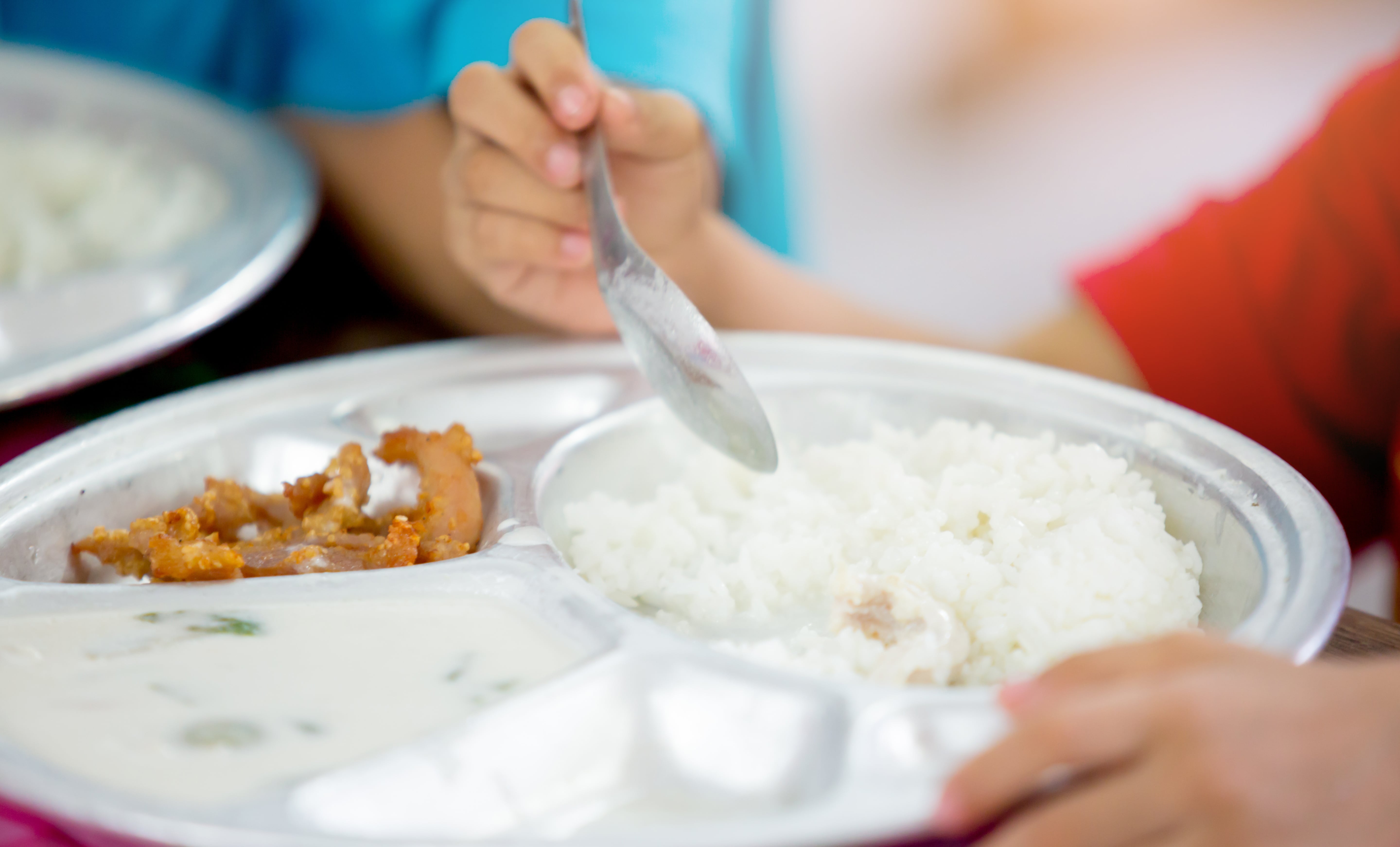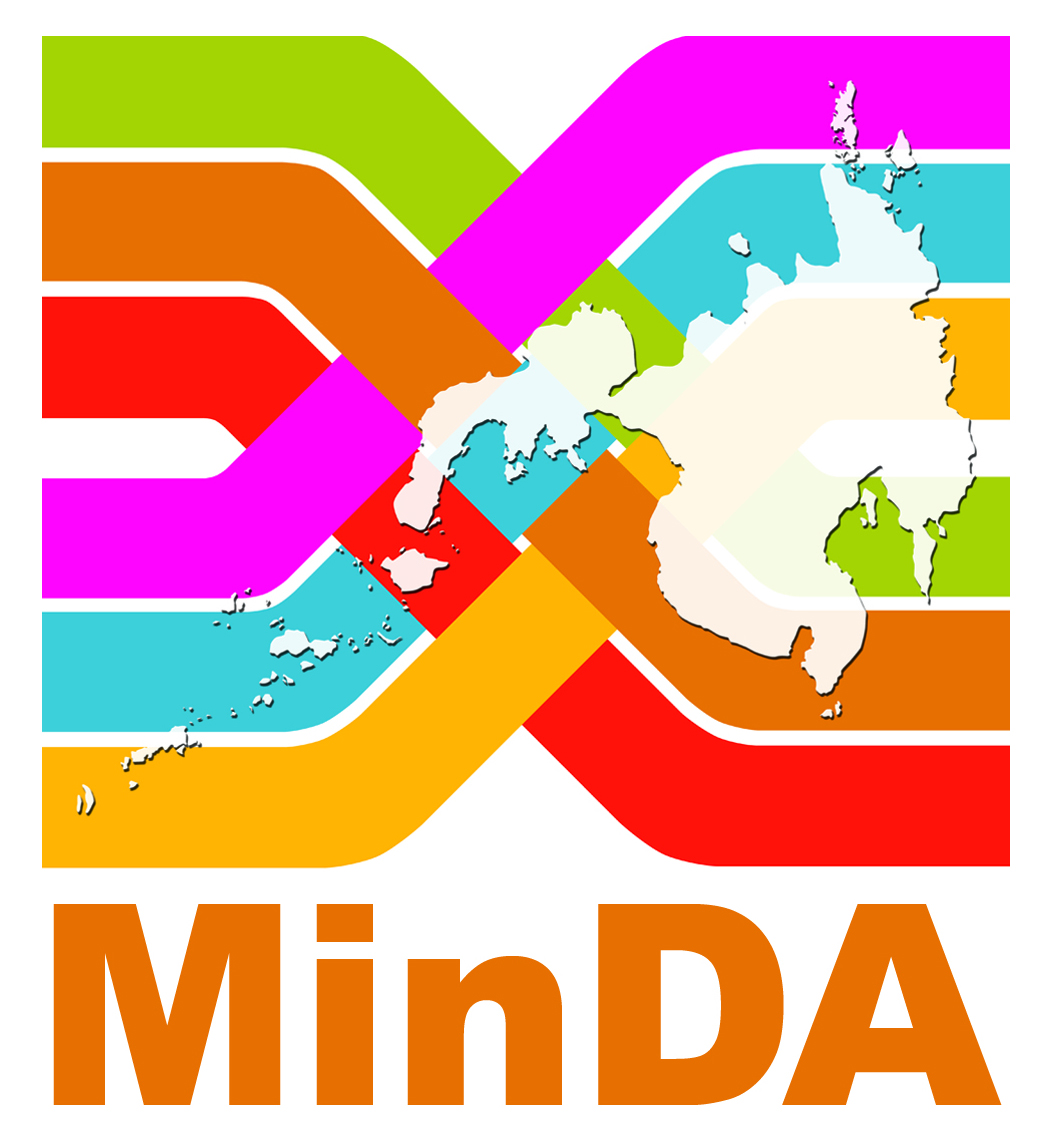Nutrition and Development
Socioeconomic Issue in Spotlight

July is observed yearly in the Philippines as Nutrition Month by virtue of Presidential Decree 491 signed in 1974. This observance aims to raise awareness and promote the importance of good nutrition and healthy eating habits among Filipinos. Nutrition plays a significant role in socioeconomic development. Proper nutrition is essential for individuals to maintain good health, cognitive function, and energy levels, contributing to their physical and mental well-being. Well-nourished individuals are more likely to become productive members of society, which can lead to increased economic growth and social development.
Nutrition is critical to the first 1,000 days of a child’s life. During this period, the baby’s nutrition (including the mother’s nutrition) may have irreparable effects on the child’s development. One in every two Filipino children under five years old suffers from stunting or having a low height for one's age. Herrin (2017) noted that the leading causes of stunting are poor nutrition and micronutrient deficiencies, especially in teenage pregnancies. The decline in the quality of nutrient consumption of children aged 6 to 23 months is another factor contributing to childhood stunting.
Micronutrient deficiency is a form of malnutrition that occurs when the body does not get enough vitamins and minerals, which may affect a person’s health and development. A SEARCA (2022) publication proposes biofortification to address micronutrient deficiency. It recommends producing affordable and accessible staple foods or crops that provide the needed micronutrients commonly acquired by eating nutrient-dense foods, such as fruits, vegetables, meat, fish, and dairy.
To address nutrition-related issues and improve the nutritional status of Filipinos, the government developed the Philippine Plan of Action for Nutrition (PPAN). Silvestre et al. (2023) found a pervasive lack of awareness of the PPAN at the barangay level, where implementation occurs. Budget allocation and implementation are inconsistent and vary across different levels of governance. They recommended prioritizing nutrition programs and implementing interventions from pregnancy to the first three years of life. Issuance of clear directives from national agencies to their regional counterparts and intensifying advocacy of the PPAN are also essential. Moreover, they recommended strengthening the human resources for nutrition, providing technical assistance to local nutrition workers at the provincial, city/municipality, and barangay levels in drafting action plans and implementing mechanisms, and integrating nutrition into primary care for improved alignment, consistency, and prioritization.
Studies have shown that learners' nutrition and state of health affect their school performance. A policy note by SEAMEO-INNOTECH (2021) revealed the most common school healthcare and nutrition problems in Southeast Asia, which include underweight and dental problems; overweight; eyes, ears, and throat problems; and water- and sanitation-related illnesses. The policy note recommended allotting a bigger budget for school-based health and wellness. Central governments should prioritize and implement effective, timely, and cost-efficient school-based health programs. It also suggested strengthening efforts to integrate health promotion and wellness into the academic curriculum to ensure the convergence of education with health and nutrition issues. Reinforcing what students learn about how to best care for themselves can help them retain this information and improve their overall well-being.
According to Orbeta and Paqueo (2022), studies have shown that successful interventions in early childhood nutrition led to earlier school entry, improved reading comprehension and performance on nonverbal cognitive ability tests, and increased long-term earning potential. Investing in early childhood care and development is needed. Relatedly, Ulep et al. (2023) emphasized the need for the government to implement comprehensive, convergent, and continuous health and nutrition services to support the well-being and educational potential of young children. They suggested increased investment in human capital and human resources to address inequities and shortages of child development centers. They also recommended exploring innovative approaches to delivering early education, such as public-private partnerships and integrating early childhood care and development into existing health and nutrition programs to leverage existing resources and infrastructure.
The Socioeconomic Research Portal for the Philippines (SERP-P) has a wealth of resources tackling nutrition. Below are some of them:
- Preventing Childhood Stunting: Why and How?
- Identifying and Addressing the Determinants of Stunting in the First 1000 Days: Review of Nutrition Governance Strategies and Implementation of the Philippine Plan of Action for Nutrition (PPAN) 2017–2022
- Policy Note: School Health Care and Nutrition in Primary Schools in Southeast Asia
- Philippine Education: Situationer, Challenges, and Ways Forward
- Starting Strong: Why Early Childhood Care and Development Matters in the Philippines
- Combating Hidden Hunger through Biofortificatio
For more studies, simply type “nutrition” and other related keywords in the Search box of the SERP-P website.


